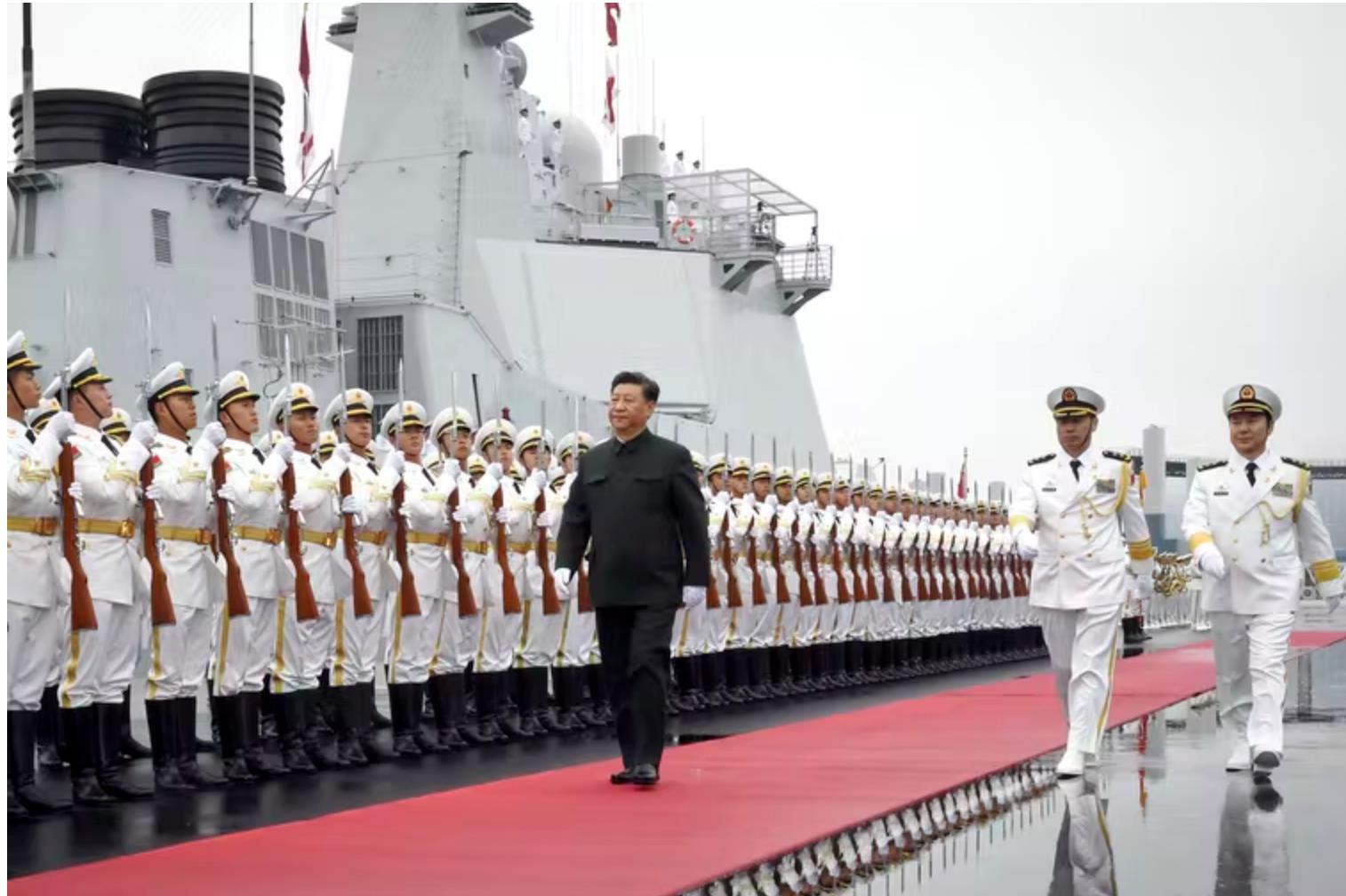(MENAFN- Asia Times) This is the first instalment of a three-part series on China's military decision-making.
The United States has sought to engage China on security and strategic issues for years. These efforts, however, have been largely unsuccessful.
Beijing has long resisted US pressure to join arms control agreements, for instance; a few years ago it rejected Washington's request to join the United States and Russia in a trilateral arms control arrangement. China has even systematically declined to engage in strategic nuclear dialogue .
Of late, while remaining committed to bringing China into the arms control fold, the United States has managed its expectations, accepting that progress in this area is not currently in the cards. Instead, the United States has prioritized engagement of China in crisis avoidance and crisis management by proposing“guardrails” that build on previous arrangements set up in the 2000s and 2010s.
The idea is that progress in this area, in addition to being important in and of itself, could help pave the way for arms control down the line, as was the case for the US-Soviet relationship during the Cold War.
This push has not yet delivered, but it appears to be an easier lift because, in theory, neither the United States nor China wants their relationship to derail unnecessarily, and both sides are aware that their fierce and intensifying competition has strong escalation potential.
It is unclear, however, how much progress the United States and China can make because each has a different understanding of what a crisis is, how it can and should be managed, what crisis avoidance and crisis management are, and how they can and should be used.
This three-part report seeks to address these issues by analyzing primary sources, notably Chinese strategic and doctrinal documents, as well as drawing on the findings of Track 2 (unofficial) efforts, especially those led by the Honolulu-based Pacific Forum.
The first section today examines Beijing's views on crises generally and military crises specifically, providing background on how China approaches them and how it defines key terms and concepts.

Chinese President Xi Jinping faces challenges at sea. Photo: Xinhua
Part 2 then analyzes Chinese thinking about what China should do when it is faced with a military crisis. Finally, in Part 3, the report closes by discussing the implications of Chinese views for crisis avoidance and crisis management with the United States.
The report's chief argument is that China views and approaches military crises in a fundamentally different way from the United States and, as a result, the prospects for US-China progress on crisis avoidance and crisis management are dim, especially in the current security environment.
Still, this assessment should not discourage the United States from pursuing cooperation, provided it is clear-eyed about what can be achieved and adapts its goals and priorities accordingly.
A new but established topic
China has a long-standing interest in studying military crises, but that interest has risen considerably in recent years and is now a major focus of the Chinese national security community. This section surveys the evolution of China's views and considers its current understanding of military crises.
MENAFN04102023000159011032ID1107186511
Legal Disclaimer:
MENAFN provides the information “as is” without warranty of any kind. We do not accept any responsibility or liability for the accuracy, content, images, videos, licenses, completeness, legality, or reliability of the information contained in this article. If you have any complaints or copyright issues related to this article, kindly contact the provider above.